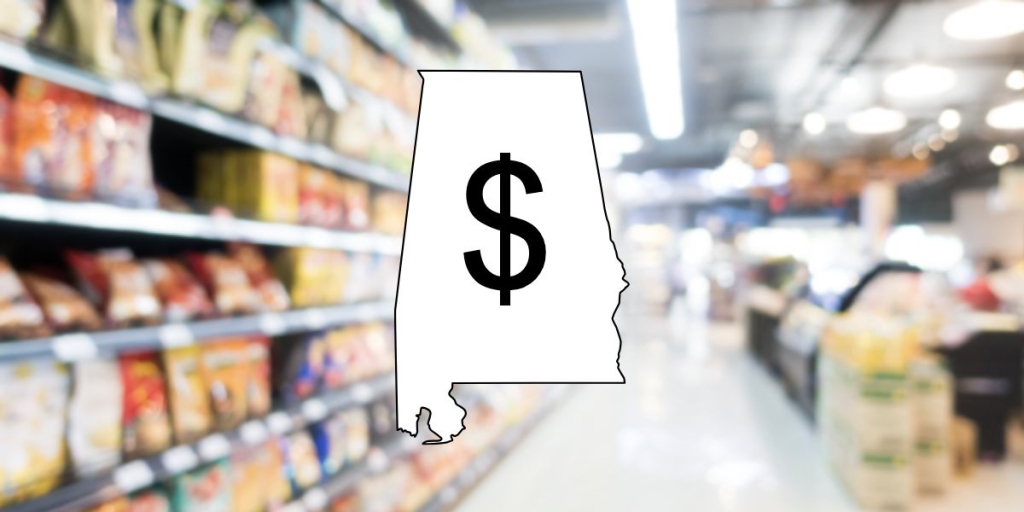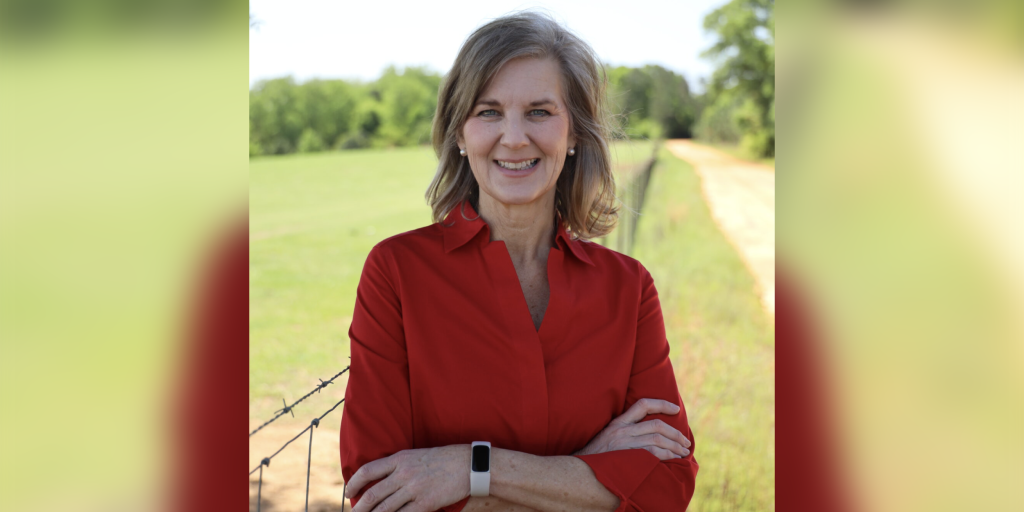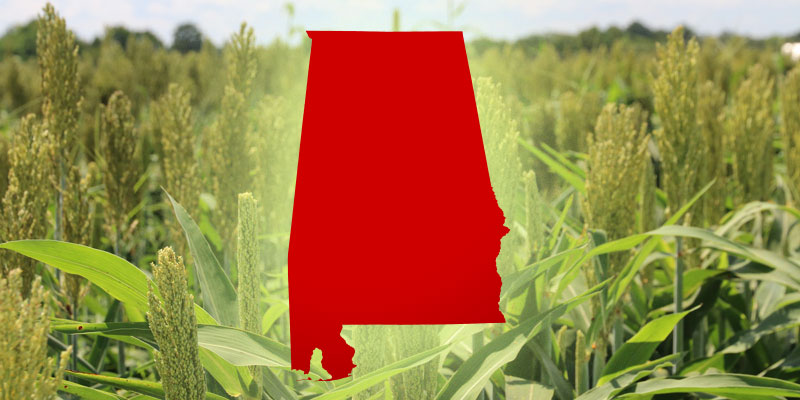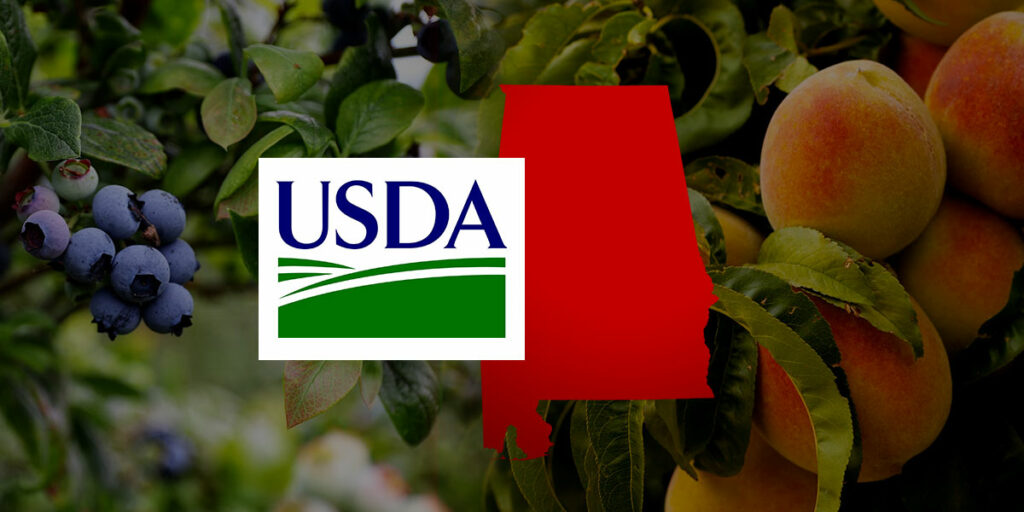The U.S. Department of Agriculture (USDA) awarded Alabama $5.9 million to improve its local food supply chain through six targeted infrastructure projects funded by the Resilient Food Systems Infrastructure (RFSI) program.
USDA and Alabama Commissioner of Agriculture and Industries Rick Pate announced Friday the funds will go toward processing, storage, and distribution for local producers to stabilize the food supply and expand markets for small and mid-sized farmers.
“Since the COVID-19 pandemic, prioritizing this project has been essential for Alabama. Before its official launch, I reached out to USDA to emphasize Alabama’s need for funding to strengthen our local food supply chain,” Pate said. “We’re proud to be one of the first states to gain approval for our state plan and announce sub-awards for the RFSI program. This initiative is a critical step forward in continuing to build Alabama’s food supply chain.”
Funded projects include:
- The Alabama State Association of Cooperatives (ASAC) will partner with Tuskegee University Cooperative Extension (TUCE), a local aggregator (Deep South Food Alliance), and multiple grower cooperatives throughout the Alabama Black Belt counties to advance cold chain and processing infrastructure for produce.
- Miller Family Dairy will construct and equip a new dairy processing facility that will transform raw milk into fluid milks, creams, butter and cheeses. Dairies within a 100-mile radius will also utilize this aggregation hub to distribute their milk and dairy products efficiently.
- Anderson Farms will build a produce processing facility that will aggregate products from an additional 10 farms. The facility will also store and distribute seven new value-added products of fresh and frozen fruits and vegetables to supply local school systems.
“USDA is grateful for Alabama’s support strengthening local and regional agricultural supply chains,” an official with the agency said.
Alabama’s awarded funding is part of the $420 million available through the RFSI grant program to build capacity within the middle of the supply chain and support local and regional producers.
Grayson Everett is the state and political editor for Yellowhammer News. You can follow him on X @Grayson270













